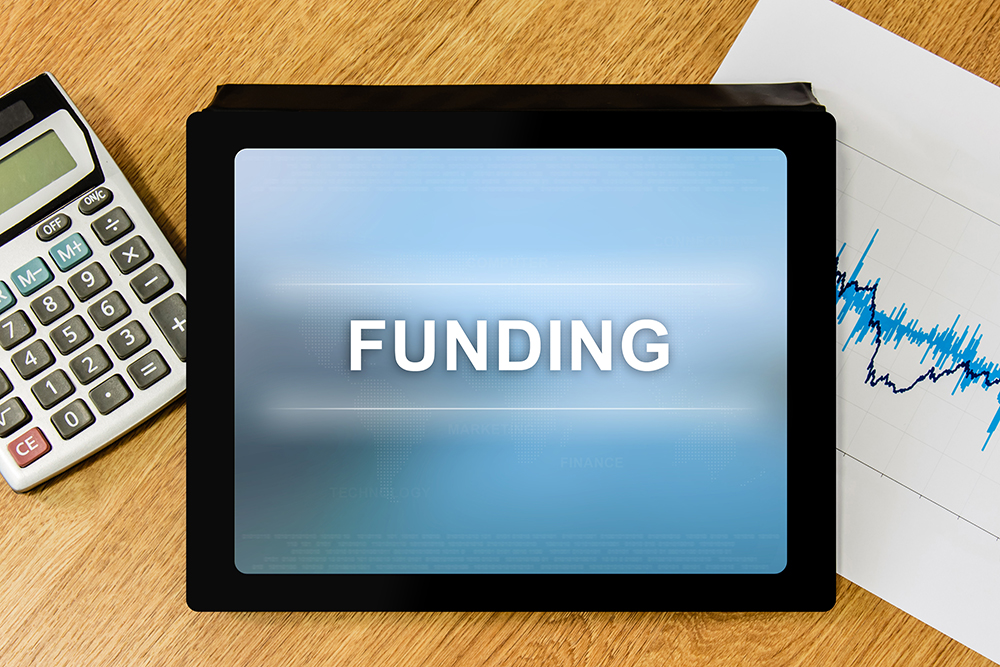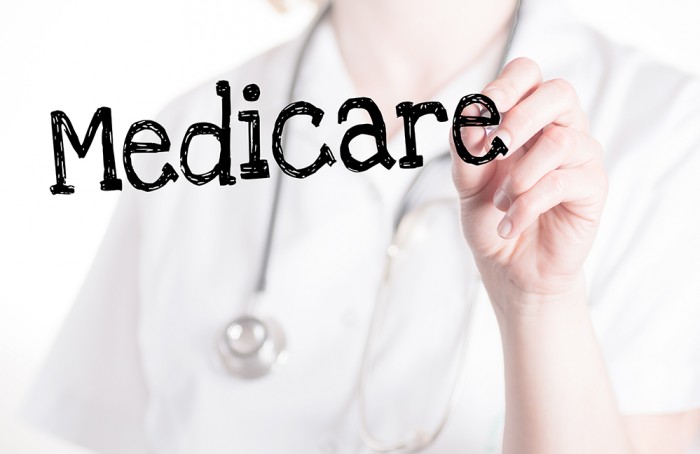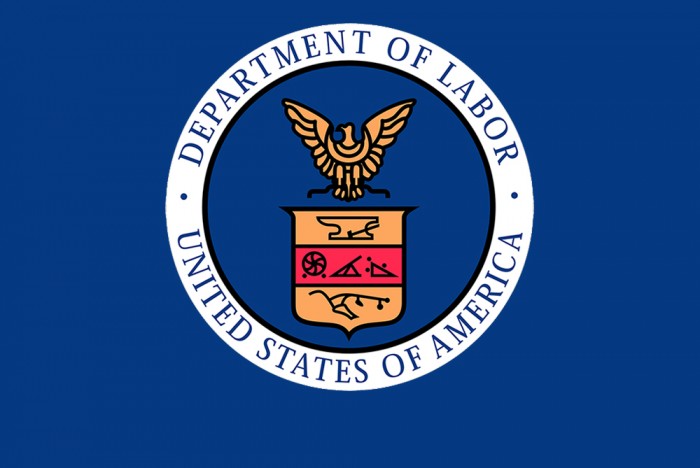Welcome! Login in to your account
Register for an account
A password will be e-mailed to you.
Recover your password
Home Featured
Featured posts
DDAP Announces New Agency Organizational Chart
Today, the Department of Drug and Alcohol Programs (DDAP) announced their new organizational charts, which outline the new structure and staff movement of the agency.
Human Services Licensing Certificates of Compliance Update

National Alliance for Direct Support Professionals Upcoming Webinar: COVID-19 Vaccine
Updated ASAM Document Available on DDAP Website
The Department of Drug and Alcohol Programs (DDAP) has replaced the Addendum PA-Specific Alignment Requirements 2.0 (IOP/PHP) document that was previously posted to our website. The revised document specifically focuses on items related to Partial Hospitalization Program requirements that had not been fully identified in the prior edition.
Department of Health Confirms First Case with the COVID-19 Variant
Capitolwire: PA Share of Second Federal COVID-19 Relief Package Emerging
Training Opportunities from ANCOR
DHS Provides Update on Latest Medicaid, SNAP Enrollment Data, Announces Recent Changes to SNAP Benefits and Eligibility
Independent Contractor Final Rule Announced
© 2021 - Rehabilitation & Community Providers Association













